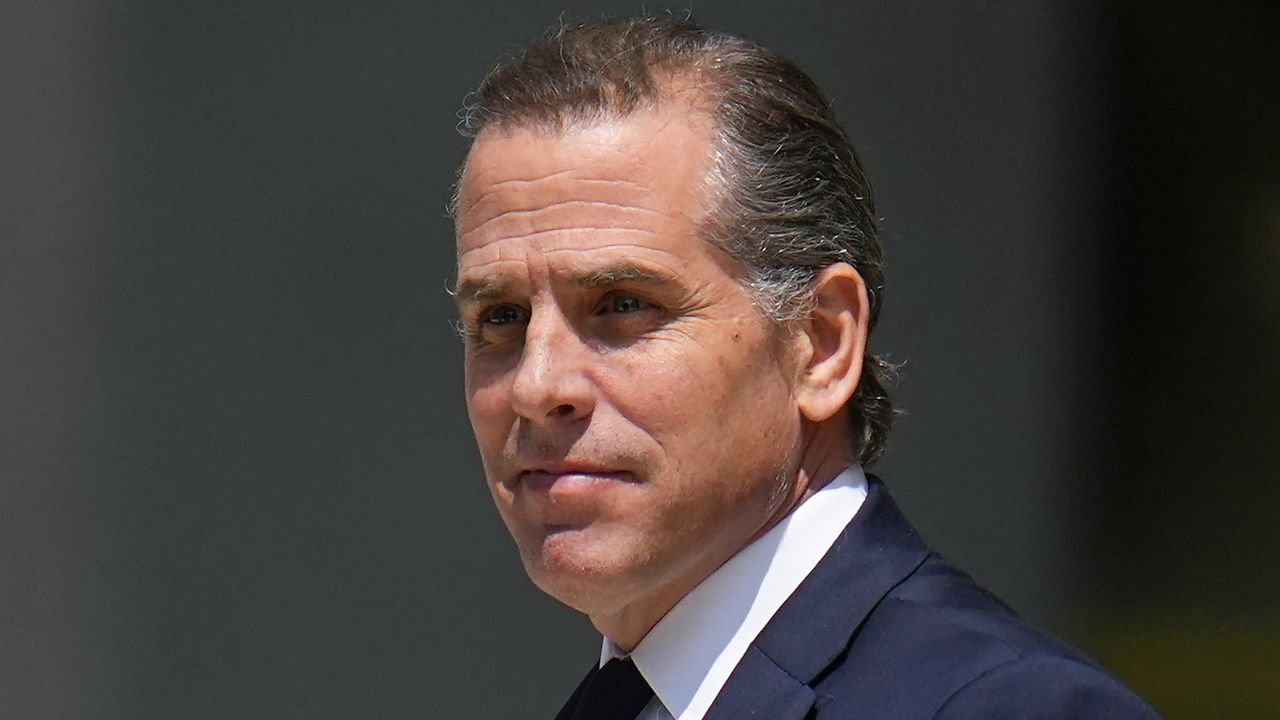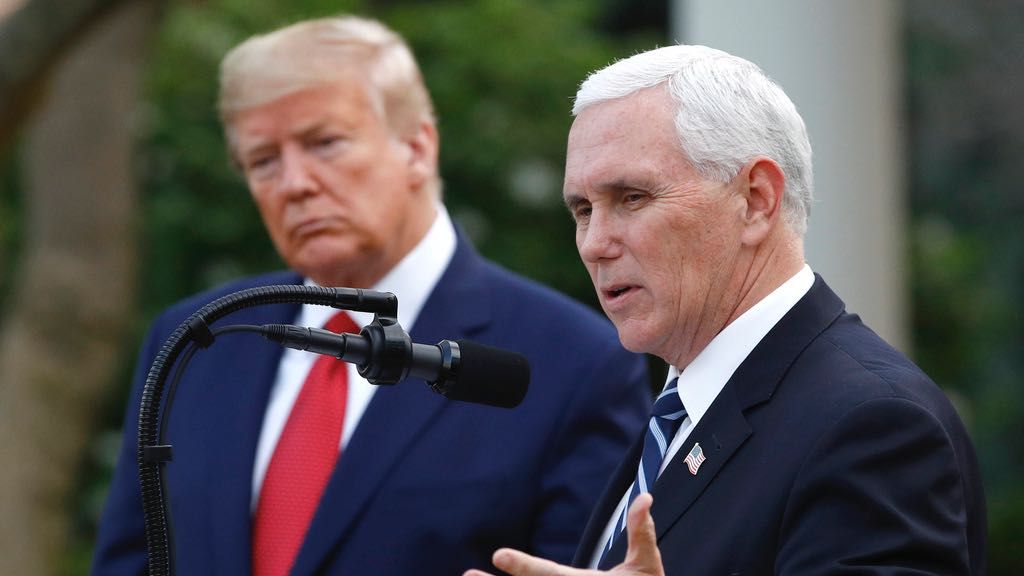Attorneys for Hunter Biden, President Joe Biden’s son, asked a federal judge in Delaware on Monday to toss out his three felony gun charges on Second Amendment grounds and on the basis that he previously reached an agreement with federal prosecutors to not be charged for the alleged gun crimes.
His lawyers argued prosecutors were being influenced by the president’s political enemies, including former President Donald Trump, the 2024 GOP presidential primary frontrunner.
“It’s because he is the son of the president who’s named Biden,” Hunter Biden’s lawyer Abbe Lowell said on MSNBC’s “Morning Joe” on Monday before the court filings were made. “The Republicans and anyone else that’s been investigating on the right-wing media, for example, have tried and tried to say that President Biden has done something wrong. They can’t find a shred of evidence because he hasn’t.”
In September, special counsel David Weiss, a holdover from the Trump administration tapped to independently investigate Hunter Biden by Attorney General Merrick Garland, indicted the president’s son on the two counts of making false statements on a federal firearms form and another count of possessing a firearm as a drug user.
“Mr. Biden, one party, struck a deal with the prosecution, the other party, through the Diversion Agreement. As part of that Agreement, he sacrificed valuable rights in exchange for the prosecution’s agreement not to prosecute the very sort of Indictment that it has brought here,” Hunter Biden’s attorneys wrote in a court filing, referencing an agreement that would have had him plea guilty to two tax charges and avoid prosecution in the gun case. “The prosecution’s desire to take political cover from the criticism leveled against it does not provide a legal basis for them to renege on the Diversion Agreement.”
Prosecutors, for their part, have previously said that any immunity provisions are now defunct along with the rest of the plea agreement that imploded over the summer. Weiss didn't immediately respond to Hunter Biden's other arguments, which also include a contention that Weiss wasn't properly appointed. The prosecution has until Jan. 16 to respond.
Separately, the younger Biden was indicted by Weiss last week on nine tax charges in California, alleging he schemed to avoid paying $1.4 million in taxes between 2016 and 2019. Both indictments come as House Republicans are investigating his business dealings and his father is facing impeachment threats over so-far unproven allegations of corruption connected to Hunter Biden’s ventures.
But his lawyers argued on Monday that the abandoned deal from over the summer gave him “sweeping immunity” that would “bar any plausible charge that could be brought against him (including the recently filed tax charges in California.)”
“This sweeping immunity may make it difficult for the prosecutors to appease Mr. Trump and the Republican congressmen who have criticized them, but this is the deal that the prosecutors made,” Hunter Biden’s lawyers wrote.
The three federal gun charges filed in Delaware alleged Hunter Biden had lied about his drug use to buy a gun that he kept for 11 days in 2018. Federal law bans gun possession by “habitual drug users,” though the measure is seldom seen as a stand-alone charge and has been called into question by a federal appeals court.
Hunter Biden’s longstanding struggle with substance abuse worsened after the death of his brother Beau Biden in 2015, according to court documents and his memoir “Beautiful Things," which ends with him getting clean in 2019.
Regardless, his attorneys argued, an August ruling by a federal appeals court said bans on illegal drug users owning guns is unconstitutional. Though that ruling only applies to Texas, Mississippi and Louisiana for now, Hunter Biden’s legal team wants it applied to his case as well.
“Because persons protected by the Second Amendment can no longer be denied gun ownership due simply to past drug use—a practice inconsistent with this nation’s historical tradition on firearm regulation—any false statement by Mr. Biden concerning his status as having used a controlled substance no longer” is applicable, they wrote. “Quite simply, asking about Mr. Biden’s status as a user of a controlled status is constitutionally irrelevant to whether he can be denied his Second Amendment right to gun ownership.”








